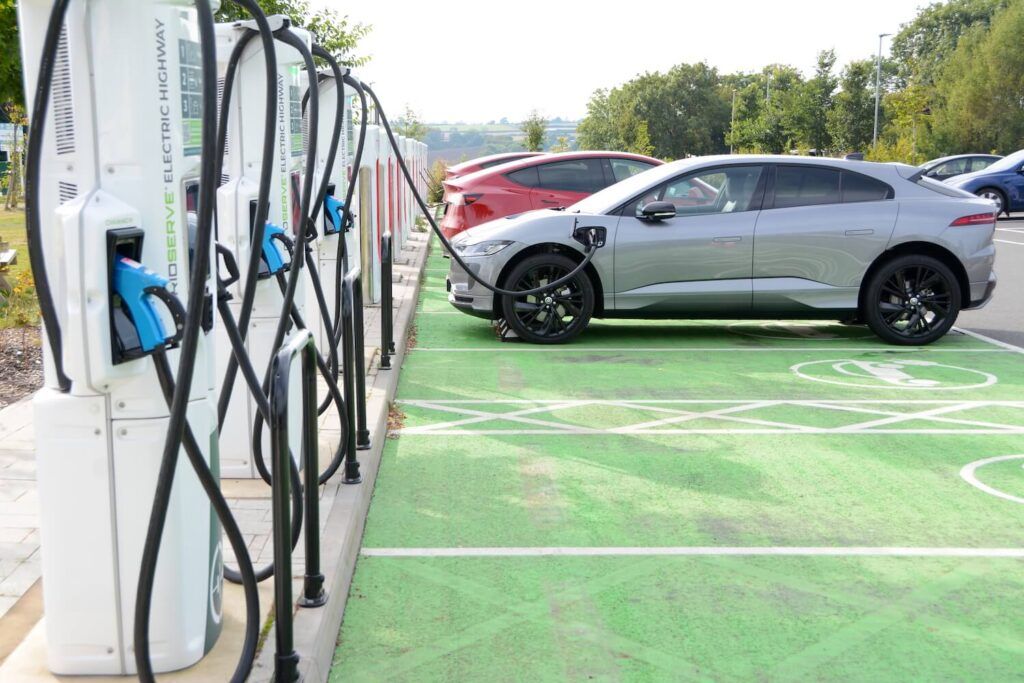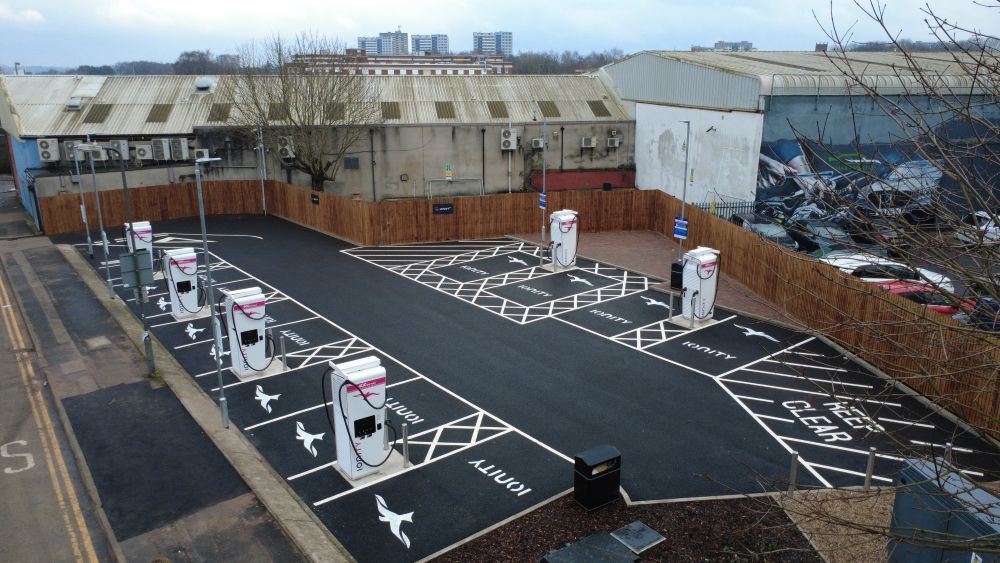Anonymised data from the O2 mobile phone network is being used as part of a series of new government-funded trials to help Thames Valley local authorities plan improvements to air quality, public health, road surfaces, traffic flow and energy infrastructure.
O2 has also brought onboard smart charging specialist ev.energy, which has partnered with Hubject, to provide insights on charging and usage behaviours for electric vehicles. This will help local authorities get a clearer understanding of current and future trends around electric vehicles – such as ownership, usage and demands on public infrastructure.
Funded by the Department for Transport through the £22.9m ADEPT SMART Places Live Labs Programme, the Thames Valley Berkshire Live Lab trials are investigating how technology could transform local places and improve the way people live and work in Berkshire.
Led by Reading Borough council and supported by six local authorities, the Thames Valley Berkshire Live Lab includes five trials that will use technology to help shape future improvements to issues like potholes, traffic congestion, pollution and other health risks.
In a model set to help local authorities plan smarter towns, the trials combine movement data collected from anonymised, aggregated O2 mobile connections with anonymised information from other sources, including air quality sensors and cameras mounted on refuse trucks.
As mobile devices connect to different masts, they create data footprints – and O2 Motion is a service that can anonymise, aggregate and extrapolate these footprints to help local authorities gain a picture of where and how people travel around the local area.
The Thames Valley Berkshire Live Lab is taking this data and overlaying it with demographic and behavioural insights. This can help local authorities understand more about crowd movement trends and profiles, and ultimately shape future town planning.
Sergio Budkin, Director of Market Development at Virgin Media O2, said: “O2 Motion is all about using data to improve people’s experiences, so we are particularly proud to be a part of the Thames Valley Berkshire Live Lab – looking at the potential of tech to map out the smarter towns of the future.
“Anonymised, aggregated data about how we move around can help councils pinpoint the most congested transport routes, and show exactly which roads need improving, exposure to dangerous air pollution, and how residents can make greener choices. And it allows local authorities to make informed improvements, cut carbon emissions and make life better for residents and businesses alike.”
The Thames Valley Berkshire Live Lab projects span the following areas:-
Air Quality: O2 has introduced software company GPC Systems to combine anonymised, aggregated O2 Motion movement data with findings from Siemens air quality monitors to measure air quality and public exposure to harmful pollutants. This provides valuable insight into how many people are affected, for how long, and on what types of journeys. The project will then look at encouraging healthier and more sustainable ways of getting around.
Road Surfaces: GPC will use a combination of anonymised crowd movement data from O2 Motion, road usage information from Siemens, and analysis from 3D cameras mounted on refuse trucks to map the most heavily used local routes with the worst road surface quality. This will help local authorities prioritise improvements (e.g. fixing potholes).
Traffic Flow: Siemens will use O2 Motion data to gain a real-time picture of traffic and exploring new, tech-driven ways of easing it.
Health: Space Syntax will analyse O2 Motion crowd movement data alongside road usage and air quality data from Siemens to explore how town layouts impact social issues and public health risks (including loneliness, frailty and obesity). This means local authorities can see where the issues are now, and where public health costs are likely to come from in the future.
O2 joins Shoothill, Siemens, Stantec and Smarter Grid Solutions as a technology partner for the Thames Valley Berkshire Live Lab, which is delivered with support from the Royal Borough of Windsor and Maidenhead, Slough Borough Council, Wokingham Borough Council, West Berkshire Council, Bracknell Forest Council and Reading Borough Council. Research input is also being provided by The University of Reading.
Giles Perkins, Live Labs Programme Director, said: “The Thames Valley Live Lab demonstrates the potential benefits that aggregating multiple sources of data, from transport, highways and beyond can bring in terms of making a real difference to our communities and places.”
Image: courtesy O2 / Teneo.com











